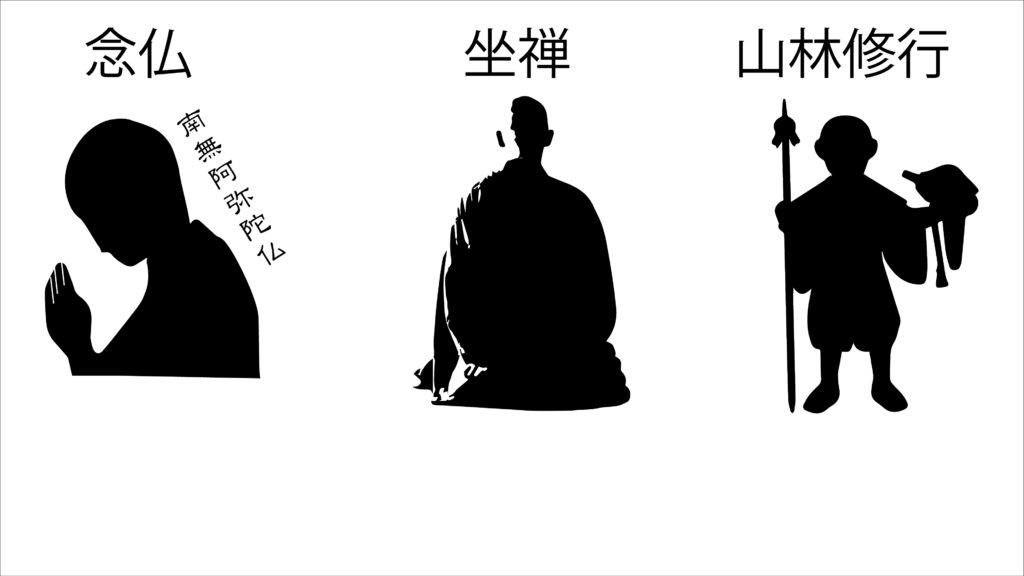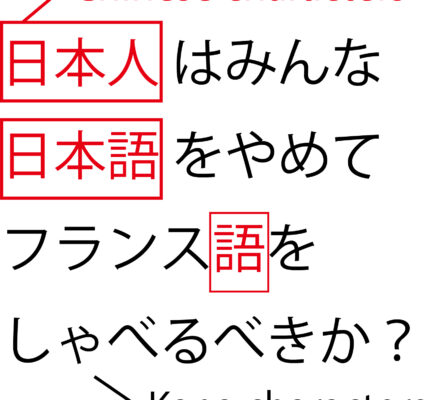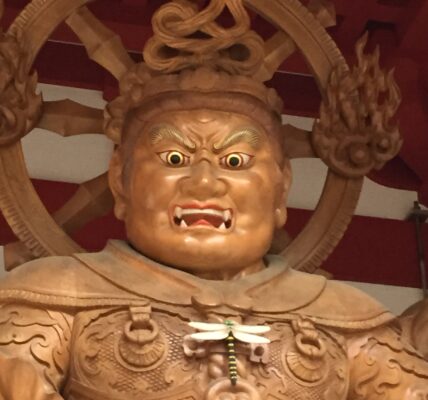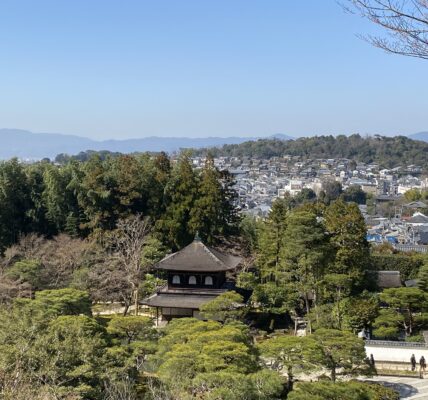Does happiness mean either that your wishes come true or that you give up your wishes?
Previously, I mentioned that Shinto shrines and Buddhism temples look very similar at first glance. However, they essentially seem to be the exact opposite.
Since ancient times in Japan, people thought that when a drought or disaster occurred, it was the wrath of God. And they prayed and worshiped to calm it down. Such places have evolved into what is now the shrines. At the shrines’ hall of worship, modern Japanese people wish for various things in their lives, such as health, schoolwork and family safety.
Buddhism, on the other hand, is like the philosophy of life that Gautama of India established in the 5th century BC. The idea is that “the root of thinking unhappiness lies in one’s heart” and that “it leads to happiness when people erase their desires and delusions from their hearts”. As a means of doing so, you can practice your mind by chanting sutra, zazen (sitting silently) and rigorous training in the forest.
Both are religious systems created by people of old time to make people happy. Which one is right, I think, is pointing to something for us living in modern society.
For example, let’s replace the above “wish” with “money ” . Are you happy if you get a lot? It may or may not be the case.





